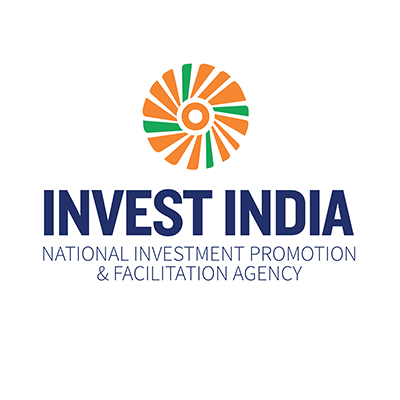By Pradeep Kumar Chatterjee
India needs to accelerate development of national grids for power and water resources, build desalination plants as well as expand health care services.
Foreign investments in the infrastructure should be spread across these sectors in addition to national and state highways, railways, ports and airports.
A balanced investment flow to all sectors is important.
Notable is the acute water shortages in one part of the country impacting economic growth while excess elsewhere being of no use.
The government’s ongoing efforts must be applauded for making changes to regulatory norms and reforming laws amidst the challenge of managing infrastructure development, investment spend of which runs into trillions of dollars.
But we must not lose our “advantage India” position, young population and perhaps the world’s only economy growing at 7.5 per cent per annum with more upside potential. We should take full advantage of our current position in today’s world.
Today, the demographic divide is in India’s favour. We need to do long-range planning, 15-20 years, that would come in good use to us.
Though a significant share of the investments till now has come into India’s stock and share market, it would soon be finding its way into the “core” sectors. Foreign investors are evaluating options of funding infrastructure projects as investment rules are being aligned to offer comparative advantage.
Water management
India has many desalination plants producing water and electricity. However, it is insignificant compared to the projections based on urbanisation and industrial growth. Water will increasingly become a key resource and a sharper focus is required.
The country cannot be held at ransom to the vagaries of monsoon. In the last few years, weather has not been kind to the agricultural sector. India needs to support its agri-sector as it will continue to remain a dominant source for food to ensure food security, employment and contribute to the economy.
Harvesting of rain water must become a priority right away. Further, at least some of the water must be held in reservoirs and diverted through a network of canals to farm land. Water table in main agricultural producing states is rapidly dropping below the reach of deep bore-wells and is a growing concern.
Unfortunately, last November floods in Chennai left many in a miserable condition. It is a reminder that we need to be better prepared. The country needs to find a solution to harvest water continually and make it to available at a reasonable cost.
More desalination plants along India’s main coastline of 6,100 km must be built. India’s development along the coastal areas seems to be concentrating on ports and jetties for efficient transportation. Let’s add more desalination plants along with these equally important facilities.
Hydro power
Excess Hydro power from the North East should be fed to the national power grid, which has already been in planned in some forms but not fully functional.
Excess power generation in the North Eastern regions from hydro-projects is not reaching across the country simply because there is a need to modernise and upgrade the systems with the latest technology.
The country gets about 250 sunny days but solar power is still in the nascent stage. India is set to become a solar hub but we need to accomplish it at a faster pace.
Renewable energy including solar, wind farms should help to drive India towards carbon-neutrality.
India’s neighbour Bhutan is already carbon negative. The clarion call is sustainable growth.
We are aspiring to be a world class manufacturing economy but we will have to leap frog and acquire the best processing technologies and continually seek to innovative as well as be disruptive.
However, the basic needs of all these are clean water, un-interrupted power and efficient logistics.
Daily power disruption, that is widely experienced in the country, will not be a good story. The investors are with us and we have the market. So let’s collectively implement the feasible ideas into projects and put plants in operations within a time bound framework.
We have all the opportunities with us and we are endowed with hydro-power potential as well as about 250 days of sunny days a year. We should use these gifts of nature as well as all technology-driven processes to leave a healthier environment for our future generations.
PK Chatterjee is a Risk-Management consultant who runs the Singapore-based Chatt Corporate Solutions Pte Ltd serving customers in emerging markets in Asia and the Middle East. fii-news.com










